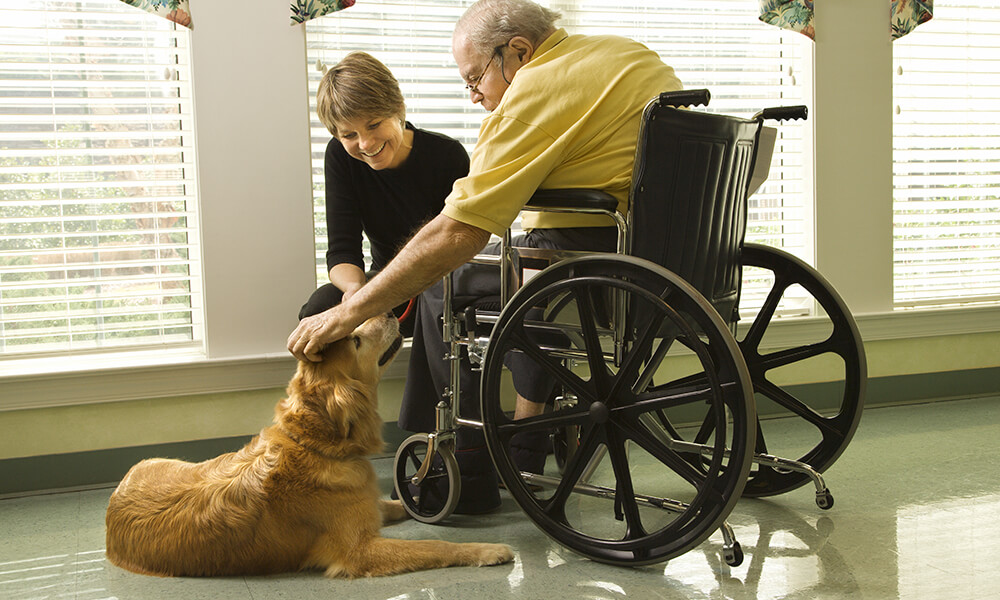Tribe
Tribe
When Buckley and I first began our weekly visits, Buckley cringed at some of the mistakes I made – either with the questions I would ask, or by the signs I would miss.
“Do you have any visitors coming to see you tomorrow for Thanksgiving?”, is a seemingly harmless question, unless you remember the statistics associated with Elder care in this country. As many as 50% of patients in assisted living facilities never receive another visitor.
“My son is hosting dinner at his house, but I have not received an invitation.”
There really is no recovery from this, other then to hold in your tears and hold their hand. Since then, I have learned to open up the questions.
“Have any plans this weekend?” leaves many more options.
We have also learned to read the atmosphere, body language, and facial expressions. Today was different, Bill was not as talkative, and I didn’t push.
And then I noticed the sheriff’s deputy in the nurses office – which was directly across from where we were sitting. Bill saw that I noticed the deputy’s presence.

“Martha hadn’t been doing well last night. There is only one reason the sheriff’s Deputy ever visits this place,” he said.
He went on to explain that he didn’t know Martha, but he knew of her, and he had seen her from time to time, Buckley and I sat in silence while he talked.
I am reading a book titled “Tribe: On Homecoming and Belonging”, by Sebastian Junger. He shares research related to our need as human beings to be a part of a tribe – that without one, we can survive, but we cannot thrive. Our tribe gives us a sense of belonging and purpose. Sometimes we choose our tribe, and sometimes our tribe chooses us.
Bill didn’t know Martha, but he cared for her nonetheless.
She was part of his tribe.
